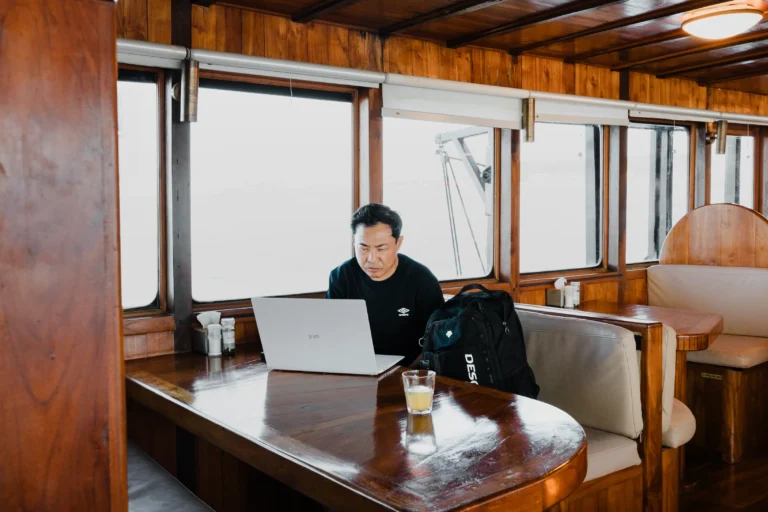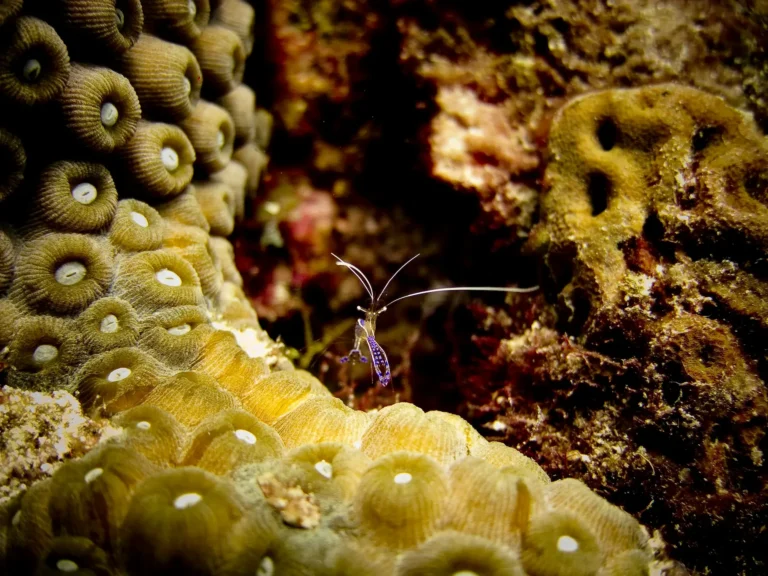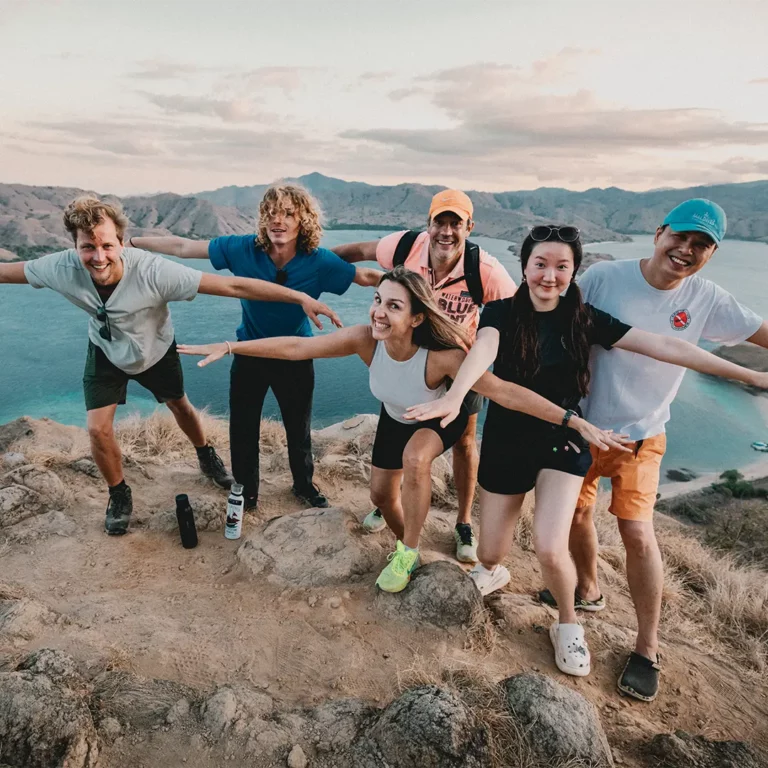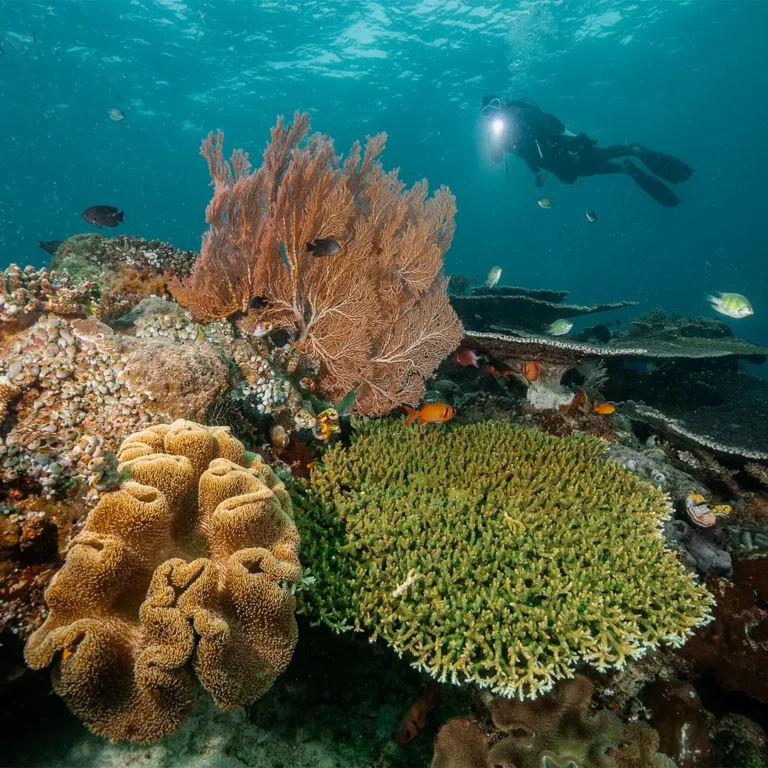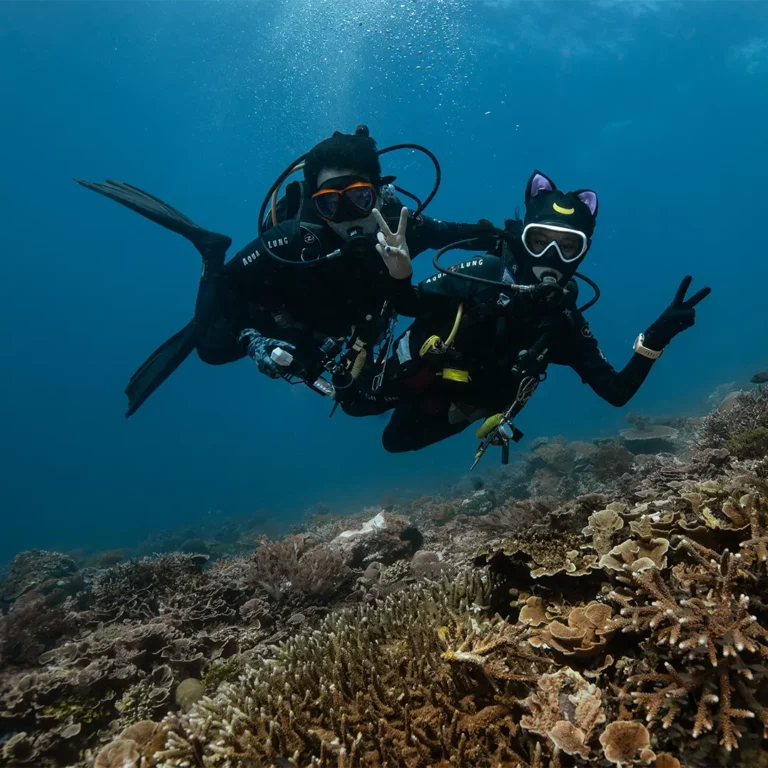While scuba diving is an adventurous activity that opens your eyes to the amazing world beneath the waves, there are some rules to follow when doing so. To protect marine life and enjoy the diving experience, it is very important to know the dos and don’ts when diving. Following these guidelines is essential to diving successfully, no matter if you are a new or experienced diver. In this article, we aim to provide a comprehensive guide to scuba diving etiquette, focusing on both the necessary precautions for safety and the responsible practices to protect marine life
Things to Do When Scuba Diving
A successful dive begins with preparation, is conducted with care, and ends with careful consideration. The following are some important actions to take.
Essential Best Practices for Before, During, and After Diving
- Plan and follow your dive plan, note the depth, time and how to contact your buddy.
- Before diving, check your equipment thoroughly to ensure that everything is in good working order.
- To conserve energy and preserve the marine environment, maintain proper buoyancy control.
- Avoid decompression sickness and stay hydrated before diving.
- After each dive, make a safety stop for at least three minutes at a depth of 15 feet.
Things Not to Do When Diving
Some practices to avoid are just as important as following the right practices.
Common Mistakes and Activities to Avoid to Maintain Safety and Enjoyment
- Always be honest about your skills, do not exceed your level of training and experience.
- As it can cause stress and impair the natural behavior of marine animals, do not touch, tease or disturb them.
- Crucially, to prevent injury from excessive lung expansion, it is imperative to breathe continuously and avoid holding your breath.
- Don’t forget to log your dives as this helps you keep an eye on your experience and equipment performance over time.
- To minimize the risk of decompression sickness, do not ascend faster than the smallest bubble.
ALSO READ : Solo Diving Pros and Cons: Advantages, Risks, Factors and Strategies
Pre-Dive Checklist and Preparation
Proper preparation is essential for safe and enjoyable diving.
Guide to Preparation and Dive Plan
- Check weather and water conditions to ensure your dive plans are suitable.
- Ask your buddies about dive signals and emergency procedures.
- Make sure your dive insurance is modern and covers your planned vacation.
When this article is released, we will discuss safety protocols during diving, how to be responsible for the marine ecosystem, and how to properly manage your equipment. Your diving experience will be safe and unforgettable if you know what to do and what not to do.
Safety and Protocol During Diving
Proper behavior while diving is essential for your own safety, that of your dive buddies and the underwater environment.
Onsite Practices and Behaviors to Ensure a Safe and Respectful Experience
- Communicate with your buddy regularly and stay aware of your air supply.
- Keep an eye on your buddy and stay close enough to help if necessary, but also allow enough room to maneuver.
- To control your nitrogen uptake, follow the time on the bottom and the maximum planned depth.
- Do not ascend or descend too quickly; use your buoyancy and ascend slowly.
- To avoid stressing the animals and potential danger to yourself, do not chase or ride marine animals; instead, observe the animals from a safe and respectful distance.
After-Dive Care and Community
What you do after your dive can enhance your experience and help you develop as a diver in the long run.
Good Post-Dive Procedures and Communication with the Diving Communit
- Participate in conservation initiatives, both locally and internationally; help clean up dive sites or inform others about responsible diving practices.
- Debrief with your dive buddy to talk about things that went well and things that need improvement.
- After the dive, report any unusual symptoms or discomfort to the dive master immediately.
ALSO READ : Wall Diving: How To Explore, Skills and Tips
Environmental Considerations
It’s important for those of you visiting the underwater realm to minimize your impact.
How to become a diver who cares about marine life
- Don’t take souvenirs from the dive site; leave shells, corals and artifacts where they belong.
- Be careful with your fins. These can damage delicate corals and disturb sediment-laying creatures, so avoid kicking sediment or touching the reef.


